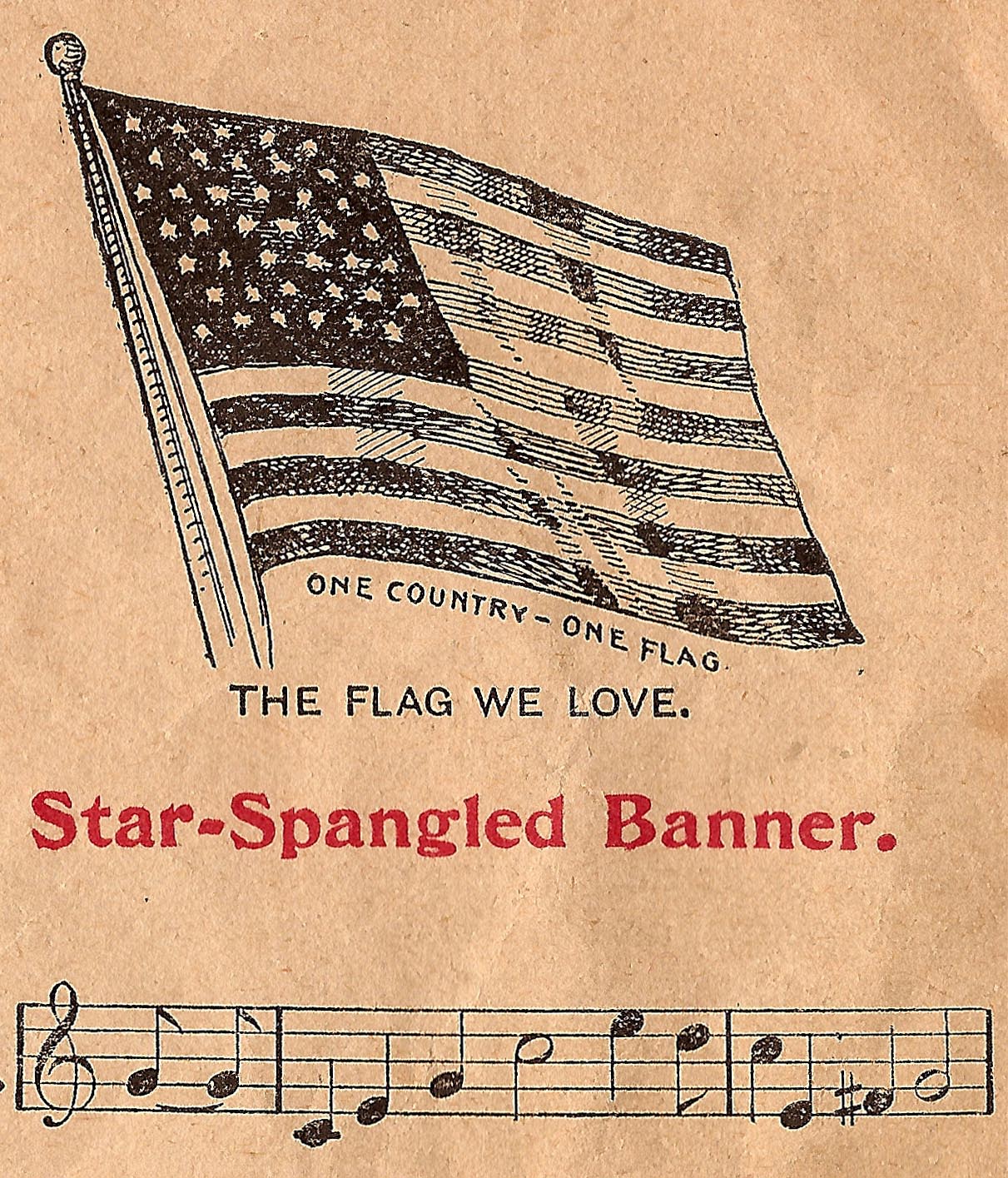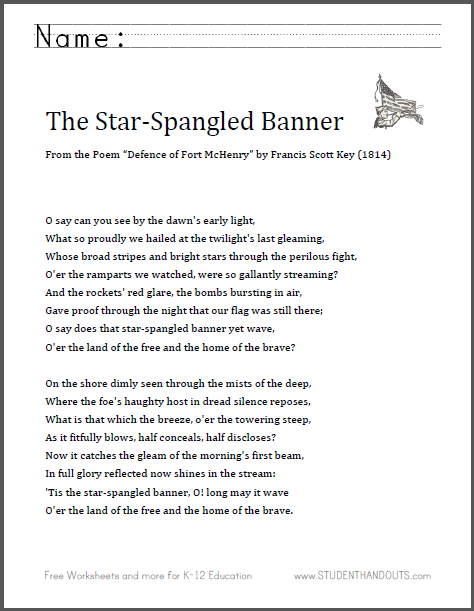
He wrote out four stanzas of a poem titled “Defence of Fort M’Henry,” which was quickly published as a broadside and set to a well-known tune. 13-14, 1814, Key was elated to see the American flag still flying the next morning. Having witnessed the shelling of Fort McHenry by British forces throughout the night of Sept. Two hundred years ago, a Maryland-born lawyer, Francis Scott Key, poured out his anxious feelings for the fate of his country. The story of the song’s composition is well known, and nearly as sacrosanct as the 36’ by 42’ flag that inspired it, a beloved relic in the Smithsonian’s National Museum of American History. There will be fireworks, jet flyovers, and-one can hope-an impromptu off-key rendering by Vice President Joe Biden, the guest of honor. The Star-Spangled Banner, so often a prelude to our ceremonies for others, finds itself on center stage this weekend as Baltimore, the city of its birth, celebrates the national anthem’s bicentennial.

He edited American Speeches for the Library of America, and Listening In: The Secret White House Tape Recordings of John F.

Ted Widmer is a historian based at Brown University.


 0 kommentar(er)
0 kommentar(er)
